Here’s What Surprised Me
Let me start with a story: I remember the first time a close friend of mine, Sarah, told me she might need a heart ablation for her out-of-control atrial fibrillation. She was nervous. And the question she finally blurted out over her coffee wasn’t about the success rate, or whether her insurance would cover it, or even how long the procedure would take—it was, “Has anyone died from heart ablation?”
I’ll be real. That’s the kind of raw question we all secretly wonder. We want the success stats, sure—but deep down we just want to know if this is one of those medical things that could really go wrong. So, let’s actually talk about it, messy feelings and all.
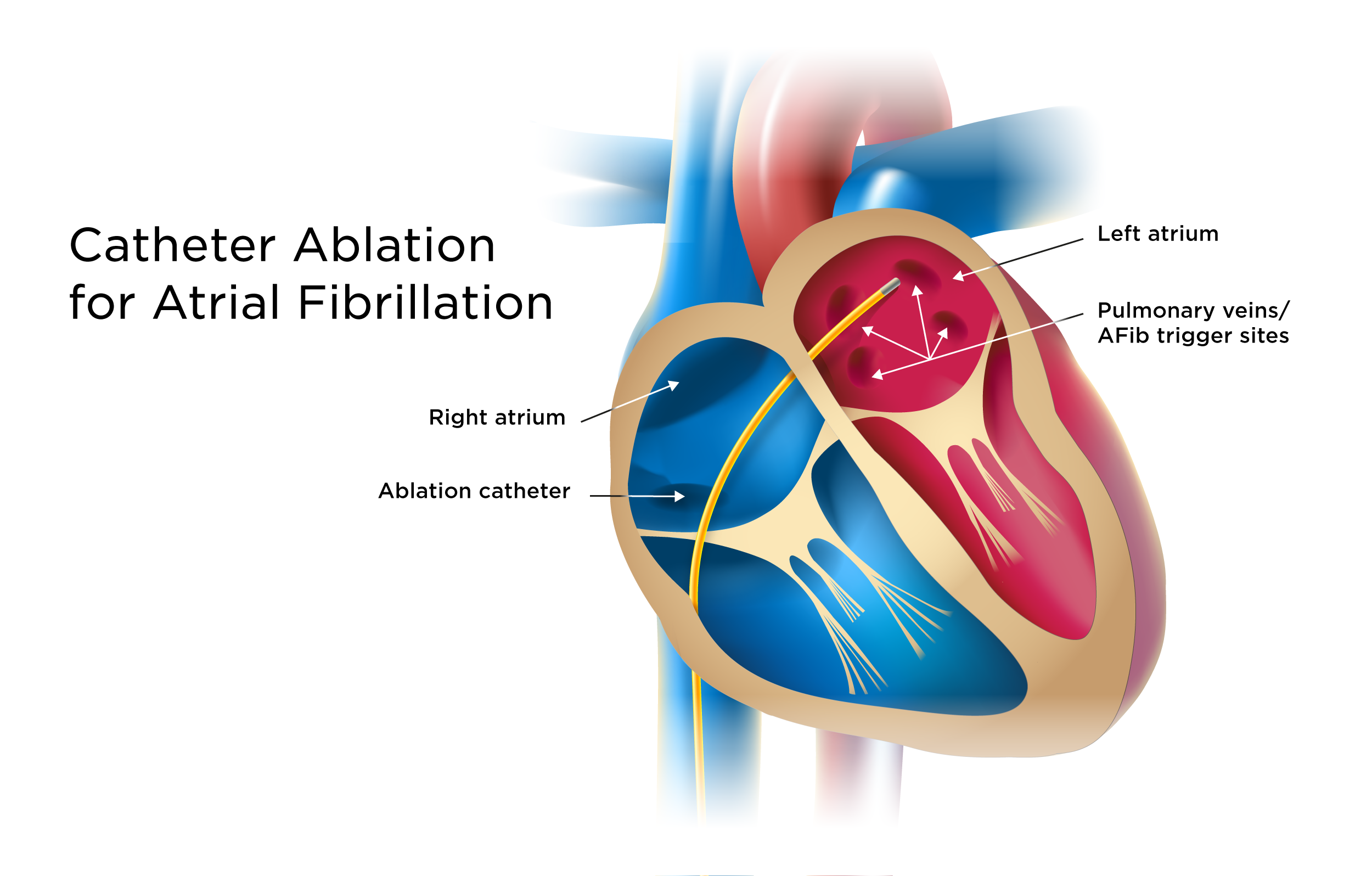
But Wait… Is Heart Ablation Safe?
Every doctor’s office glosses over risks with facts and figures. “Very safe, low risk, most people go home the next morning!” But if you’re up at 3 a.m. scrolling stories (I see you), those facts don’t feel as reassuring, right?
The truth? Most people do great, but, yes… some people have died from heart ablation. Not many, but not zero. It’s kind of like flying: almost everyone lands safely, but we still get nervous walking through the gate. Recent real-world studies—like, they followed tens of thousands of people, not just handpicked folks in trials—show that the early mortality rate after ablation for atrial fibrillation sits at about 0.22%–0.46% according to clinical research on early mortality after AF ablation. Put simply, for every 1,000 people, 2 to 4 could die within a few weeks of the procedure. Now, I know that’s unsettling, but stay with me.
Is the Risk Really From the Procedure?
Here’s a wild fact nobody tells you in the waiting room: most of those deaths aren’t actually from the ablation itself. In one big Mayo study, 73% of deaths after ablation in the first 90 days had nothing to do with the procedure. They just happened to occur in people who had the procedure, often because they were already sick in other ways. Sudden death was the most cited cause—they’re still trying to unravel why based on Mayo Clinic analysis. Other causes? Things like respiratory failure, stroke, or infections.
Quick Table: Trials vs. Real World
| Scenario | Mortality Rate | Comment |
|---|---|---|
| Big Clinical Trials | 0% | Handpicked patients, tightly controlled |
| Real-World Data | 0.22%–0.46% | Broad mix of ages, health, and hospitals |
Think of it like a cooking show vs. your own kitchen. On TV, the cake always comes out perfect. At home, sometimes the smoke alarm goes off.
What Raises the Risk?
Naturally, you’re wondering what tilts those odds. Age? Health? Bad luck? Yes, yes, and sort of.
The risk of dying after ablation is higher if you’re older, have other heart problems (like CHF, or congestive heart failure), diabetes, kidney disease, or if you’re getting treated at a less-experienced hospital. One analysis found that people getting ablation at “low-volume centers”—think hospitals that don’t do too many ablations a year—had twice the death rate compared to bigger, seasoned centers. Yikes. Even experienced doctors stressed that where you go matters a ton according to real-world mortality analysis in A-fib ablation.
Personal Memory: My Cardiologist Friend’s Honest Take
I went for a walk with my friend Mike, who’s a cardiologist. He sighed and said, “Honestly, I worry more that some hospitals try to do ablations just to pad the numbers. Not enough practice, not enough support during emergencies.” That stuck with me… even if hearing it made me nervous for my own family.
Stories Behind the Numbers
Sometimes, it helps to get away from blurry statistics and meet the people. I talked to a few patients, and here’s the thing: almost everyone who had a tough outcome had more going on than just an iffy heartbeat.

Take Henry. He was in his late 70s with diabetes and a stint in the ICU just a year before. He went in for ablation; the procedure was a breeze, but a chest infection struck him down within the month. The hospital couldn’t say for sure if it was related to the ablation or just his underlying health. But it happened. Real stories remind us that risk is never only about the procedure; it’s your body’s whole backstory showing up at the same party.
That’s exactly why doctors push you to get bloodwork, EKGs, sleep studies—sometimes even a chest CT. They want to smoke out those troublemakers hiding in your medical history. Want to explore more on the long-term stuff? I found this resource super helpful: life expectancy after heart ablation talks about bouncing back and living your life, not just surviving.
Does the Type of Arrhythmia Change the Risk?
You bet. There’s a big old spectrum. Most people reading this are thinking about atrial fibrillation (AFib) or maybe supraventricular tachycardia (SVT). Turns out, ablation for SVT is even lower-risk—a relief!—but the data still says: “rare, but not zero.” If you’re curious how life looks after, check out life expectancy after cardiac ablation SVT. Good reading, especially if, like me, you sometimes spiral after reading one scary message board post at midnight.
Living With the “What If?”
Let’s get personal for a second… why does this question gnaw at us? It’s because heart stuff feels big. Your heart doesn’t just keep you alive; it keeps you going. It’s the drumbeat under all the everyday stuff—your morning jogs, walks with the dog, even your worries.
After reading all the research, here’s what surprised me: while the “has anyone died from heart ablation” question matters, for 99.5% of people, the answer is “not you.” Most people do great. They’re back to work, back to walks, back to feeling… well, surprisingly normal.
Long-Term Life After Ablation: The Less-Scary Reality
If you want to peek way ahead, large follow-up studies found no difference in long-term all-cause mortality or hospitalizations comparing people with the common types of AFib who had ablation to those who didn’t—even several years out research in Europace 2024. What does this mean? The main battle is often not the ablation, but the rest of your health situation.
Even for people over 80, the conversation shifts—not to “Will ablation kill me?” but to “Will my bad heart win out if I do nothing?” For many, ablation is about getting back years you’d otherwise spend dodging the ER. (And for SVT, check life expectancy after cardiac ablation SVT). Rhetorical question moment: Isn’t that kind of hope the whole point of medicine anyway?
What About Really Tough Cases?
Okay, full honesty: the highest risk isn’t with AFib. For those getting ablation for ventricular tachycardia (VT)—a more dangerous arrhythmia, often in people with damaged hearts or prior heart attacks—the numbers go up, especially if you already have serious heart failure or very weak heart muscle (less than 30% ejection fraction). In one study, 10-year mortality after VT ablation was about 39.4%, and even higher for those with lots of heart damage as seen in long-term outcomes from AHA study. But here’s the harsh truth: these numbers aren’t so much about the ablation—the arrhythmia and electric storms can be fatal if left alone, too. Sometimes, ablation is still your best lifeline in a rough fight.
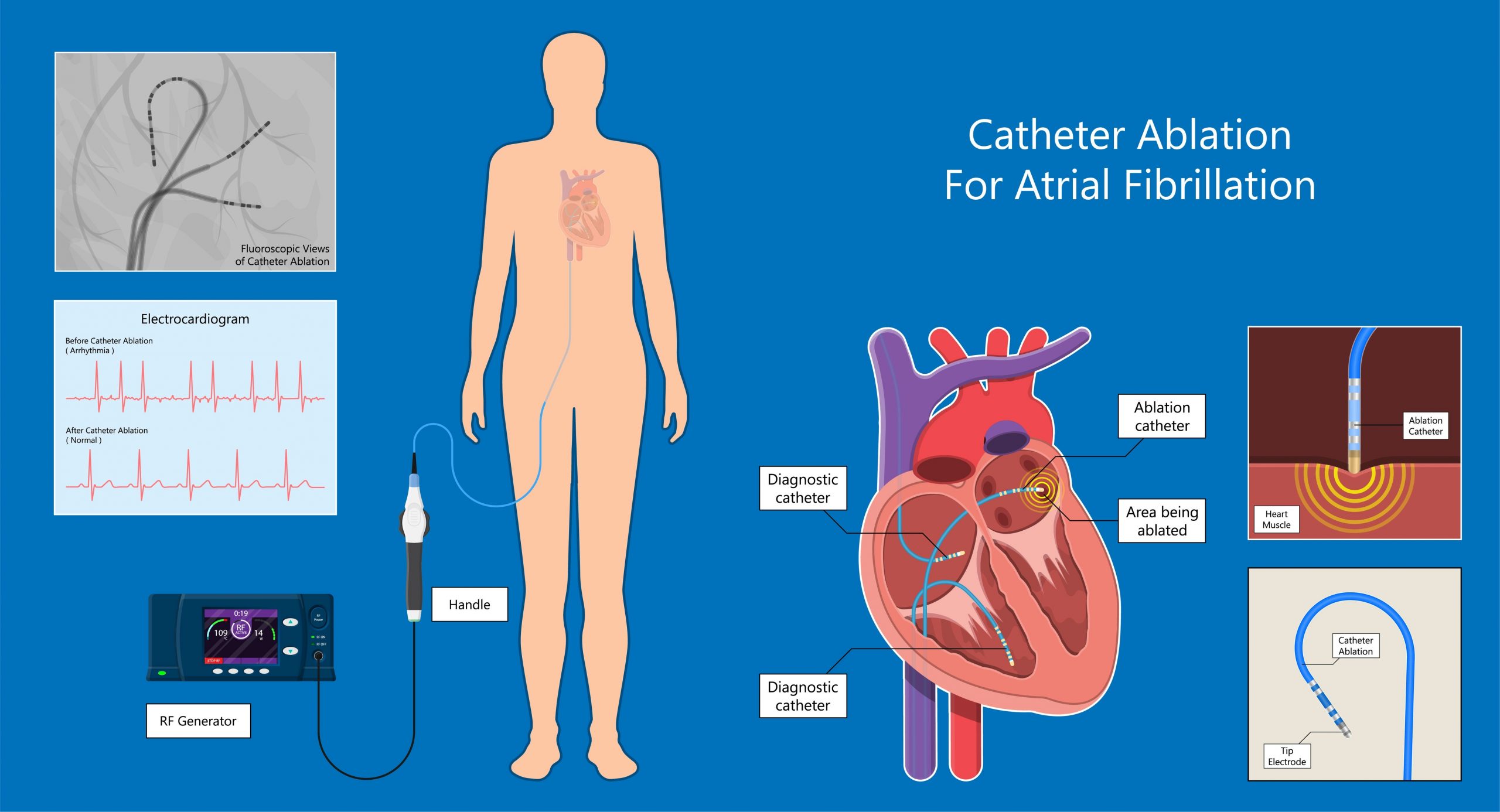
Big Picture: How Safe Is This… Really?
Okay, let’s slow down for a second. If the stats start blending together, here’s the takeaway: for most, ablation is safe and worth it. The odds are in your favor. Most risks come down to pre-existing health messiness, not a botched procedure.
The most common severe complication—something called atrioesophageal fistula (basically, an abnormal connection forming between the heart and esophagus)—is super rare, but deadly if it happens. That’s why your team watches you like a hawk afterwards for fevers, chest pain, or swallowing issues. (Not to make you paranoid, just informed.)
As for dying “on the table”? Basically unheard of. Most reported deaths happen days or even weeks later—and most could be blamed on things well outside the cath lab. Have you had a friend who actually went through it? I have, and let me tell you—most are back to grumbling about their FitBit steps within weeks. For a deeper slice of the “what comes next,” wander through life expectancy after heart ablation.
The Role of Good Hospitals
If you’re still with me (hey, thanks!), the last big thing is this: where and by whom you have your ablation matters. Not all hospitals are created equal—those heart team numbers, tech, and backup plans? Huge difference. If you want to stack the deck for a smooth recovery, pick a center and an electrophysiologist who eats ablations for breakfast. Ask how many they do a month. Get picky! You’re worth it.
The Bottom Line: You’re in the Driver’s Seat
So. Has anyone died from heart ablation? Yes—rarely, but yes. Is it likely for you? If you’re like most people getting a modern ablation at a center that does these all the time, the chances are truly tiny.
In the end, the real risk is rarely the procedure itself—it’s everything you bring with you, medically speaking. Heart health, other illnesses, experience of your doctor, and just plain luck. And if you’re sweating the “what if,” that’s human. The real scoop is: you have power here. You can choose your doctor, prep your body, ask the hard questions.
And hey… be gentle with yourself. If you lose sleep over this, know that you’re far from alone. When you’re ready, chat with your cardiologist—bring them every “dumb” question (which, spoiler, aren’t dumb at all). You can also find more on living your real post-ablation life right here: life expectancy after cardiac ablation SVT and life expectancy after heart ablation.
So… what’s your gut telling you? Big decisions take time. But as scary as it seems, heart ablation could be your shortcut to more time, more energy, more you. Here’s to hoping that—whatever you choose—the next chapter is lighter, braver, and heartbeat-stronger. You’ve got this. And if you need a pep talk, you know where to find me.

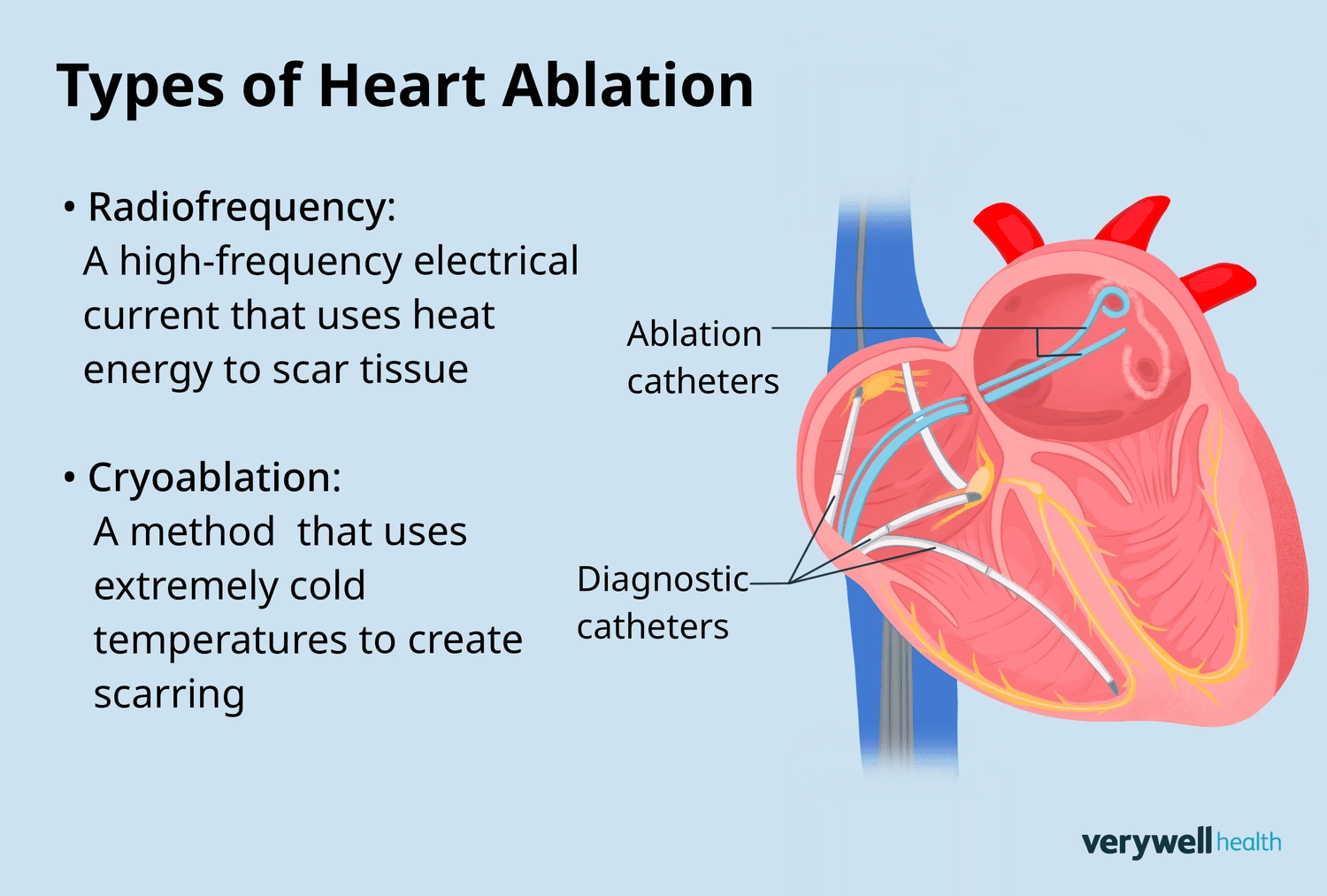
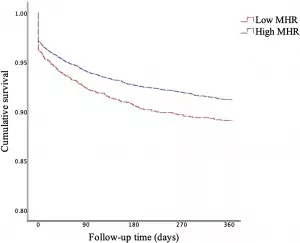


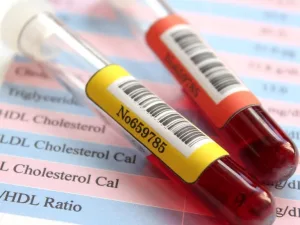
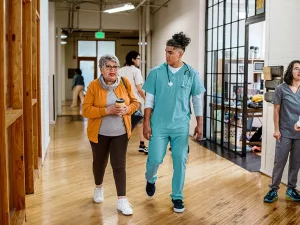

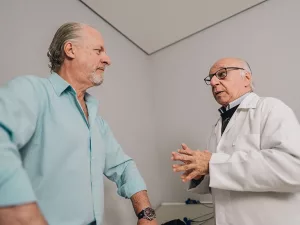



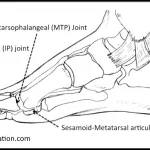








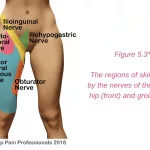


Leave a Reply
You must be logged in to post a comment.